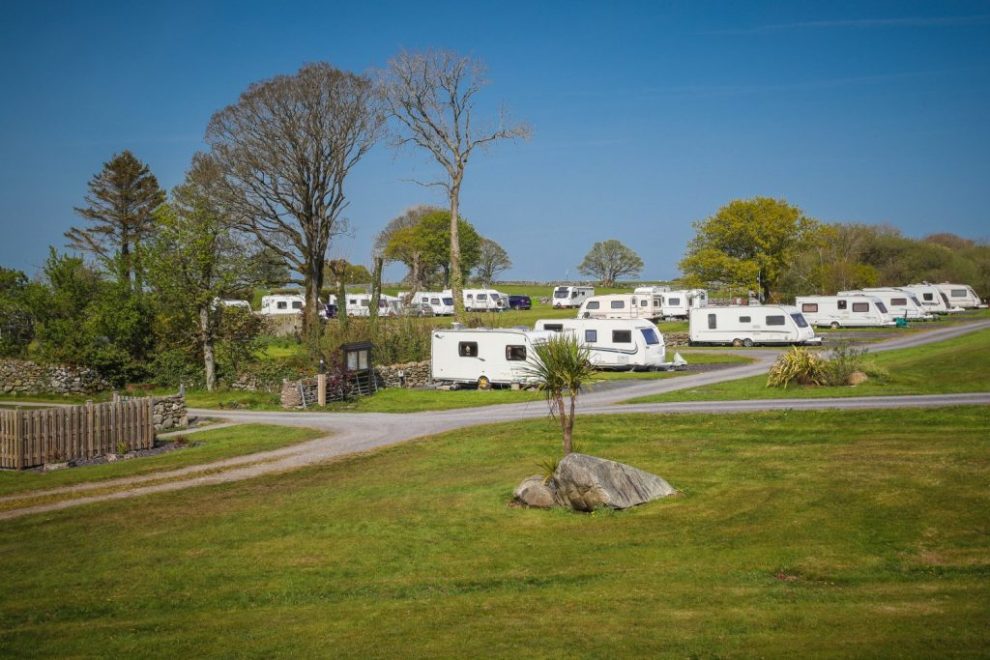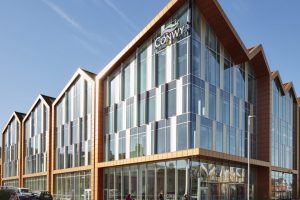PROPOSALS to extend a Gwynedd caravan site described as an “important provider for tourism” has been given the green light by planners.
Cyngor Gwynedd agreed to a full planning application for an extension at the Tyn Y Coed caravan park at Llanrug, on Monday, May 15.
The proposal called for the re-location of nine tent pitches as nine touring unit pitches.
It also requested the replacement of 21 tent pitches with 21 touring unit pitches on the existing park (with no increase in numbers) and the location of a shepherd’s hut washing facility and landscaping.
The application site is currently used as a holiday caravan park and field for grazing.
The planning bid described the site as being managed by a local Welsh family who had owned the park for 65 years since 1957.
The holiday facility offered “a range of tourism accommodation including holiday caravans, touring caravans, tent camping and high quality holiday cottage accommodation for short breaks,” planning documents noted.
The council permitted the proposal subject to a number of planning conditions.
A former protected species survey had “proved negative” although found “potential” for nesting birds in trees on the site’s perimeter at certain times of the year.
“There is also the potential for roosting bats to be present in cavities in some of the surrounding trees,” the survey said.
A data search had “revealed the presence of six bat species in the locality, and although no roosts will be lost, consideration will need to be given to illumination and habitat connectivity”.
Among other mitigating conditions were that tree felling, and removal of hedges or site clearance work should not be carried out during the bird nesting season.
Trees identified as potential bat roosts would also require “precautionary measures” during any work.
Touring units must only occupied for holiday purposes – not as a sole or main place of residence.
An open green area to the north west of the proposed access track must also be “retained permanently as undeveloped open space”.
No more than nine touring units (caravans, camper vans, tents and trailer tents) could also be located on the application site, subject to the permission.
Precautionary measures were also required to prevent pollution of watercourses.
The highways department did not consider the application would have an “adverse effect” on any highway, or proposed highway, after considering the proposal included “the creation of additional passing points on access track to accommodate for the increase in towing vehicles”.
With regard to Welsh language planning rules the application stated: “Tyn-y-Coed is an important tourism accommodation provider in the area which supports the local economy.
“The owners of Tyn-y-Coed are Welsh speaking and use Welsh as their first language.
“The use of Welsh language within the workplace is encouraged and the owners of the park seek to educate and promote the Welsh language and the unique culture of Wales to all guests visiting Tyn-y-Coed.”



















